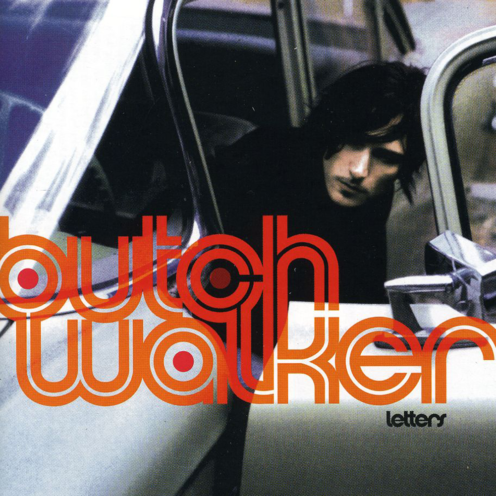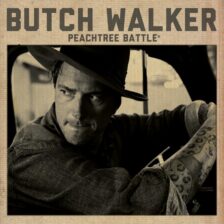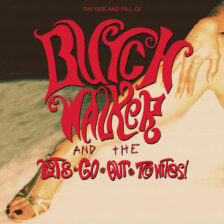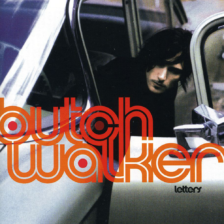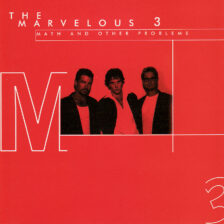I just remember my dad flew out to see me and first thing he got off the plane, I’d never seen him cry, and he just started crying. And it was a big moment for me because I could see he was proud of having a boy who could wipe his own ass and make his own way. And ever since then, I wanted his respect, no matter how I looked and how I dressed. So I tried to make him proud after that, and many, many years later and many failed attempts later and different bands and trying to be successful, and failing, he always had my back after that, and he would give me his only twenty dollars in his pocket and say ‘let’s go get some beer and hug it out.’ And…this is for him.
Butch Walker, dedicating a song to his father at a recent concert
Over the past week, I’ve written ten reviews spanning ten different records from Butch Walker, my favorite living songwriter—or at very least, a guy I consider tied with Bruce Springsteen for that title. I’ve covered solo albums, full-band records, and side projects, and I’ve written about nearly every song that Walker has written in the past 15 years. I did it in some 16,000 words, in a feature I called “Butch Walker Week,” and for those who have made the journey with me—and survived that hefty word count to get to here, no less—I thank you for your attention. It’s been an adventure, to say the least, a walk through some of my favorite songs of all time and through records that have shaped my life since I first stumbled upon Letters eight and a half years ago. And today I reach the end—or hopefully, the middle—of Walker’s catalog with a new EP called Peachtree Battle, which releases to digital outlets today. Suffice to say, it feels like a good place to pause the music, lay down my pencil—er…laptop keyboard—and reflect. This album, I think, is a culmination.
Read More “Butch Walker – Peachtree Battle”